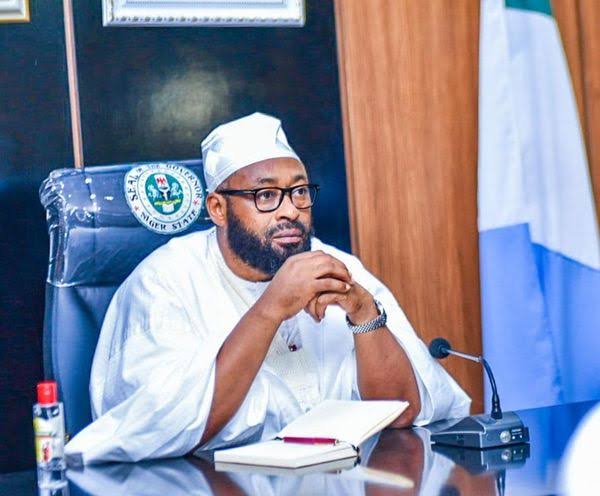Africa
Governor Mohammed Umaru Bago and the Futility of Targeting Dreadlocks -By Jeff Okoroafor
Governor Bago, the people of Niger State are crying for help. They need concrete action against banditry—not performative crackdowns on harmless youth. The dreadlock ban is a cosmetic solution to a life-and-death crisis.

Niger State is in crisis. Bandits and terrorists roam freely, kidnapping farmers, attacking villages, and displacing thousands. Yet, in the face of this existential threat, the state government has chosen to focus on an entirely different “enemy”—young people with dreadlocks.
Governor Mohammed Umaru Bago recently announced a ban on dreadlocks for commercial motorcyclists, framing it as a security measure. The reasoning? That criminals disguise themselves with dreadlocks, making it harder for security agencies to identify them. While the government claims this is a step toward curbing crime, the policy is misguided, discriminatory, and a dangerous distraction from the real security challenges ravaging Niger State.
Niger State has become one of the epicenters of banditry and kidnapping in Nigeria. Communities in Shiroro, Rafi, and Munya local governments live in constant fear. Farmers can no longer tend to their fields, children are abducted from schools, and entire villages have been sacked. According to the Nigeria Security Tracker, hundreds have been killed or kidnapped in Niger State in 2024 alone.
Yet, rather than deploying more security personnel, improving intelligence gathering, or engaging in community-based policing, the government is fixated on hairstyles. How does arresting a young man with dreadlocks stop bandits from riding into villages on motorcycles with AK-47s? How does harassing barbers and Okada riders dismantle the sophisticated kidnapping syndicates operating in the state?
The argument that dreadlocks aid criminality is flimsy at best. Criminals do not need a particular hairstyle to commit crimes—they use masks, wigs, and even uniforms. If the state is serious about identification, it should enforce proper motorcycle registration, install CCTV in high-risk areas, and strengthen community surveillance networks.
Instead, this policy unfairly profiles young people, particularly those in the creative and informal sectors, who often wear dreadlocks as a cultural or personal expression. Many Rastafarians, artists, and even students see dreadlocks as part of their identity—not a criminal uniform. Criminalizing their appearance does not make the state safer; it only breeds resentment and distracts from meaningful security strategies.
A Government Losing Its Priorities
Governor Bago’s administration must ask itself: Why are we focusing on hairstyles when people are being massacred daily? The government should be:
-
Increasing security patrols in vulnerable communities.
-
Providing support for displaced persons who have lost homes and livelihoods.
-
Engaging in dialogue with vigilante groups who understand local terrains better than distant policymakers.
-
Investing in technology like tracking devices and drones to monitor criminal movements.
Instead, the government is wasting resources on enforcing a superficial ban that will do nothing to stop the bloodshed. If criminals know that security agencies are busy chasing hairstyles instead of them, they will only grow bolder.
Governor Bago, the people of Niger State are crying for help. They need concrete action against banditry—not performative crackdowns on harmless youth. The dreadlock ban is a cosmetic solution to a life-and-death crisis.
Reverse this ill-advised policy. Redirect the energy of law enforcement toward real threats. And most importantly, stop harassing young people for their hairstyles while terrorists roam free.
Niger State deserves better.

Jeff Okoroafor
Jeff Okoroafor is a social accountability advocate and a political commentator focused on governance, accountability, and social justice in West Africa.

























